Bajru's government was overthrown after he lost a vote of confidence which he called himself. 364 MPs voted against confidence in the government, 194 were in favor, while 25 elected representatives decided to abstain, reports France 24.
Proposed cuts in public spending, for which Bajru argued that they were needed to curb France's growing government deficit and debts, divided MPs and ultimately led to the overthrow of yet another government.
Thus Bajru became the third prime minister in less than a year, and the sixth
in total during Macron's mandate. According to a statement from the Elysée Palace, the president is expected to appoint a new prime minister within a few days.However, the question is whether prominent politicians want to embark on a role that many consider the"political kiss of death" – becoming Macron's prime minister ahead of the 2027 presidential election.
Eduard Filipe
Macron's first prime minister, Edouard Philippe, held the post from May 2017 to July 2020, in what later proved to be one of the longest tenures in French government.
Philippe, who was more popular than Macron himself during his tenure, resigned ahead of Macron's planned reshuffle of the government , which is designed to bolster his"green" credentials and win back disillusioned voters ahead of his re-election bid.
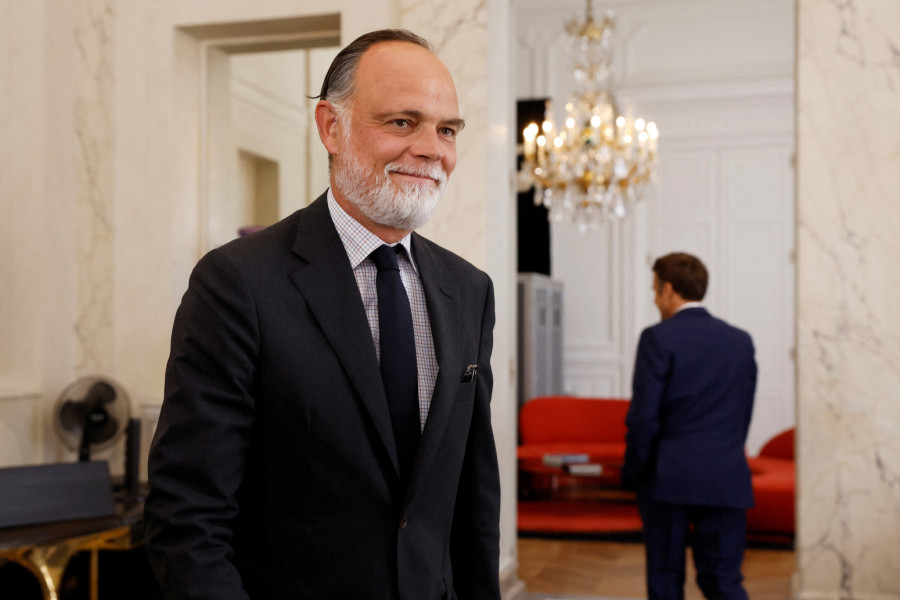
Macron's move to reshape his centrist government came after voters punished the former investment banker and his party in national local elections.
The election, which ended with a second round of voting long delayed by the coronavirus, revealed growing support for the Green Party and highlighted Macron's problems with left-leaning voters.
Jean Castex
Philippe's successor, Jean Castex, who coordinated the strategy to reopen France after almost two months of lockdown due to Covid-19, served from 2020 to 2022. He resigned after Macron was elected president for the second time.
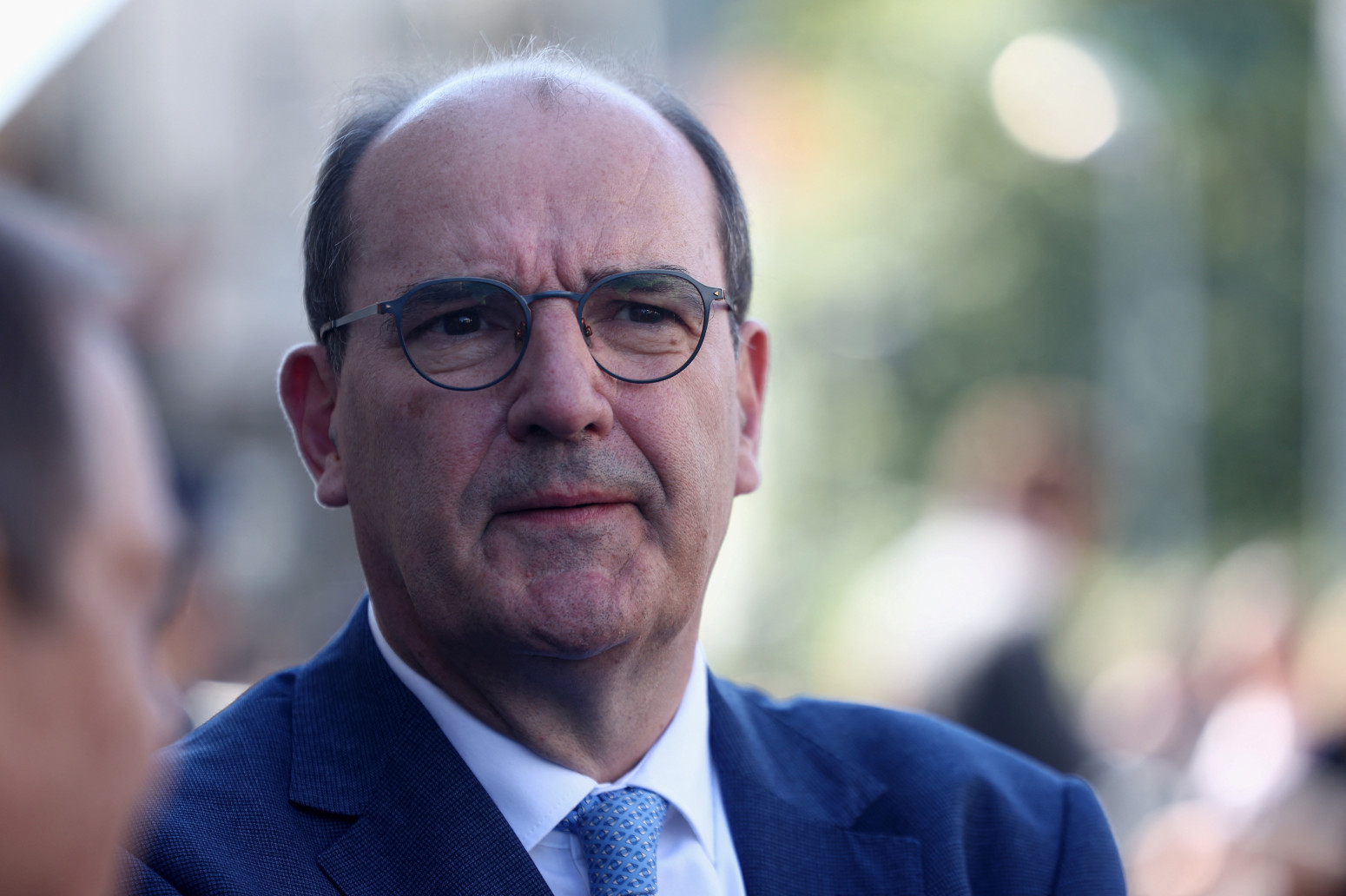
Elizabeth Bourne
Elisabeth Bourne was the first woman prime minister in France after more than 30 years. She resigned in January 2024. Her tenure was marked by political turmoil and opposition resistance, especially over the controversial reform of the pension system. Macron wanted to reshuffle the government to give new impetus to his presidency, which resulted in the appointment of the younger Gabriel Atal.
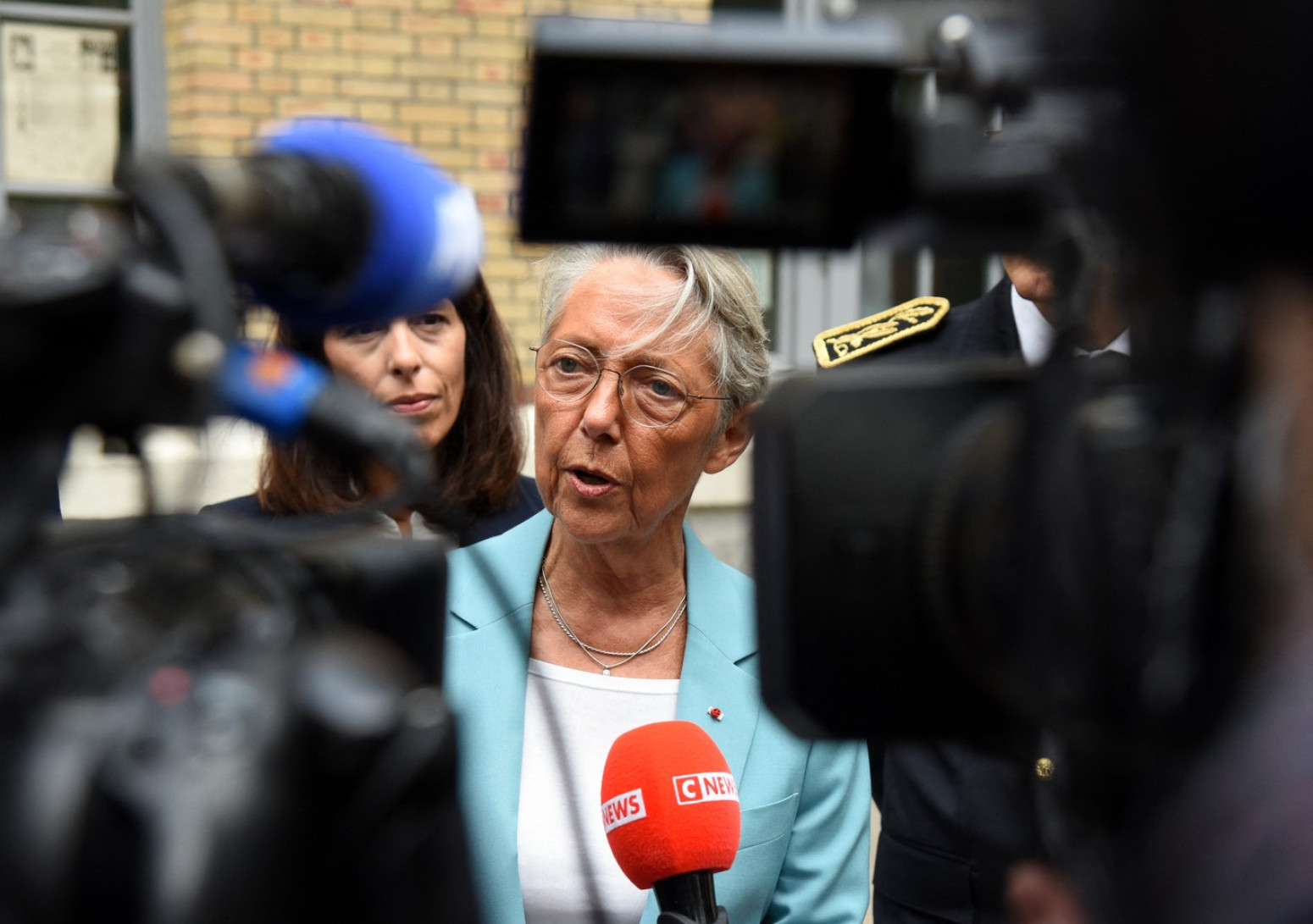
Gabriel Attal
Gabriel Atal was appointed in January 2024 and was the youngest Prime Minister in the history of France. However, his post was short-lived. He resigned in September 2024 after Macron called snap parliamentary elections in which his party" Renaissance" achieved disappointing results. After the election, there was a significant political crisis, and Attal resigned to allow the formation of a new government and try to stabilize the political situation.
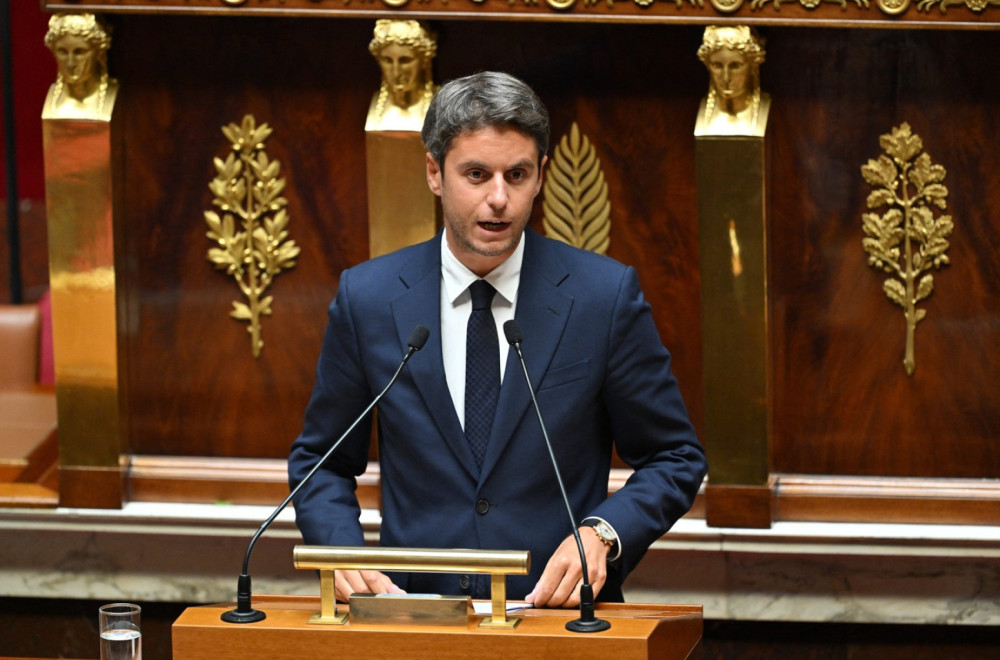
Michel Barnier
Michel Barnier was appointed prime minister after the resignation of Attal, but unfortunately, his government did not last long either. On December 2, 2024, a little less than three months after the formation of the government, Barnier invoked Article 49.3 of the French Constitution to adopt the social security budget for 2025 without putting it to a vote in parliament. This led both the New People's Front and the National Gathering to submit proposals for a vote of no confidence in his government.
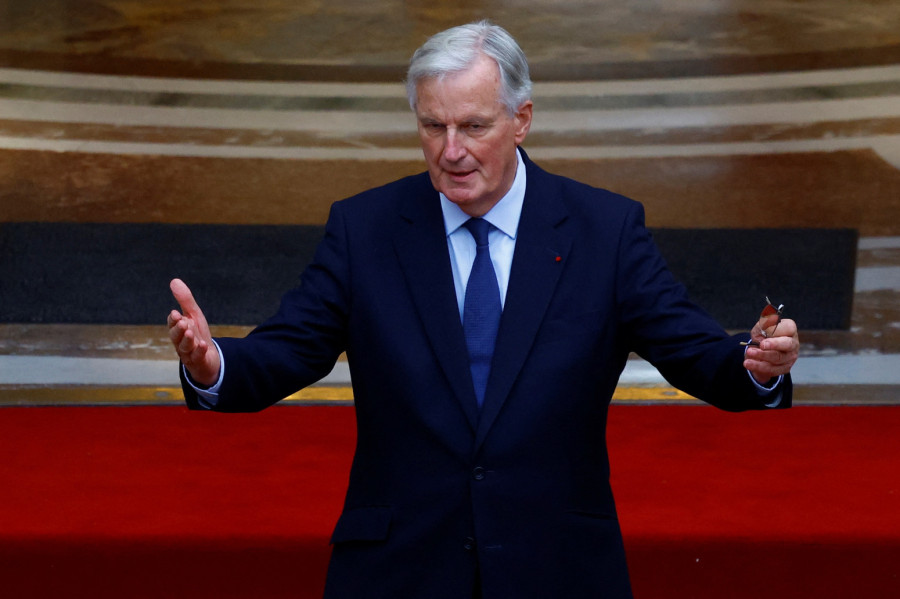
Barnier thus became the shortest-lived prime minister in the history of the French Fifth Republic and the first to receive a vote of no confidence from the government of Georges Pompidou in 1962.
Francois Bayroux
Bajru, whose government was overthrown today, is even the sixth prime minister during Macron's mandate. Macron is expected to receive him tomorrow to accept his resignation.
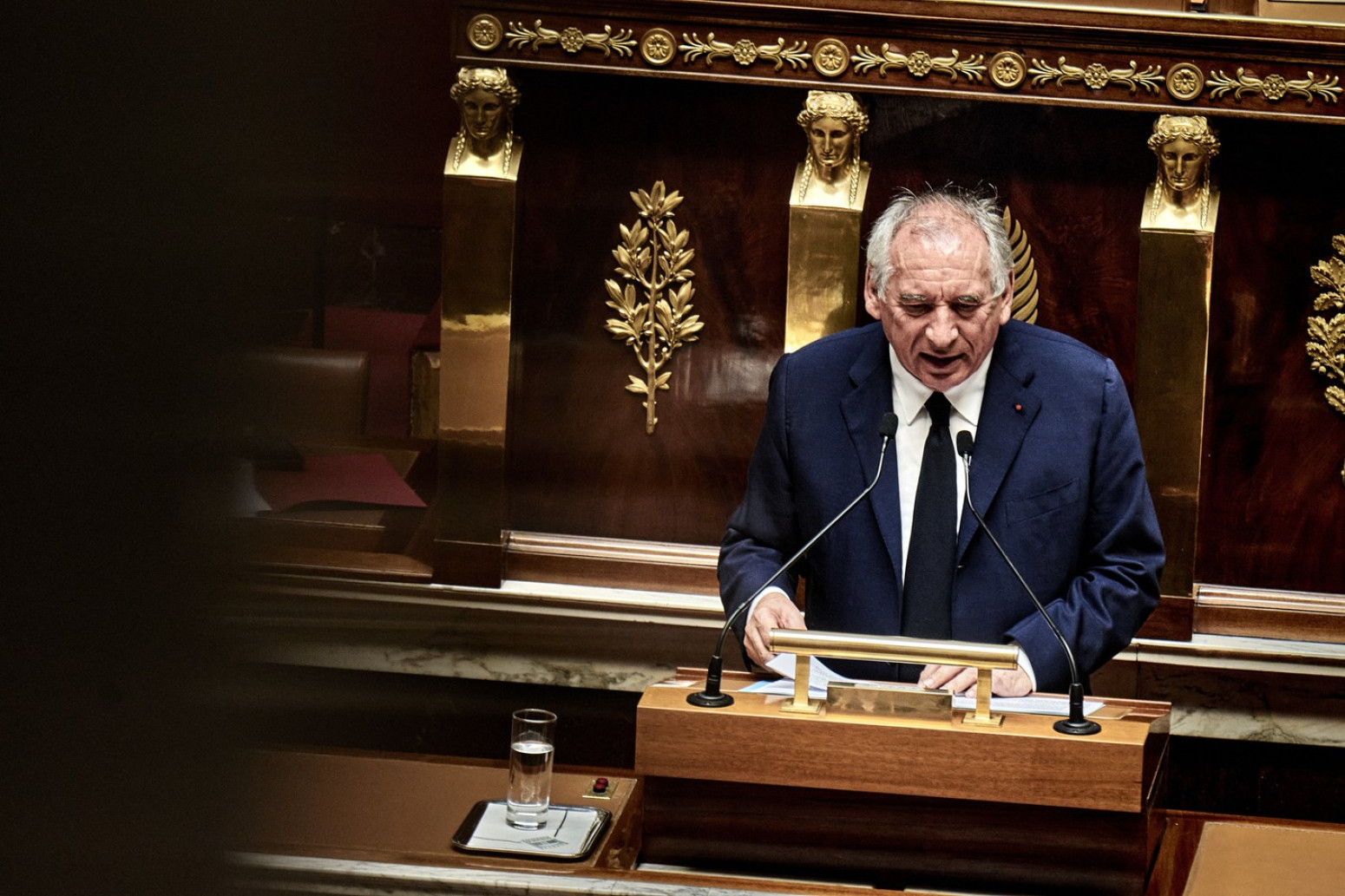
Bairro became the first prime minister in the history of modern France whose government was ever overthrown after a vote of confidence instead of no confidence.

